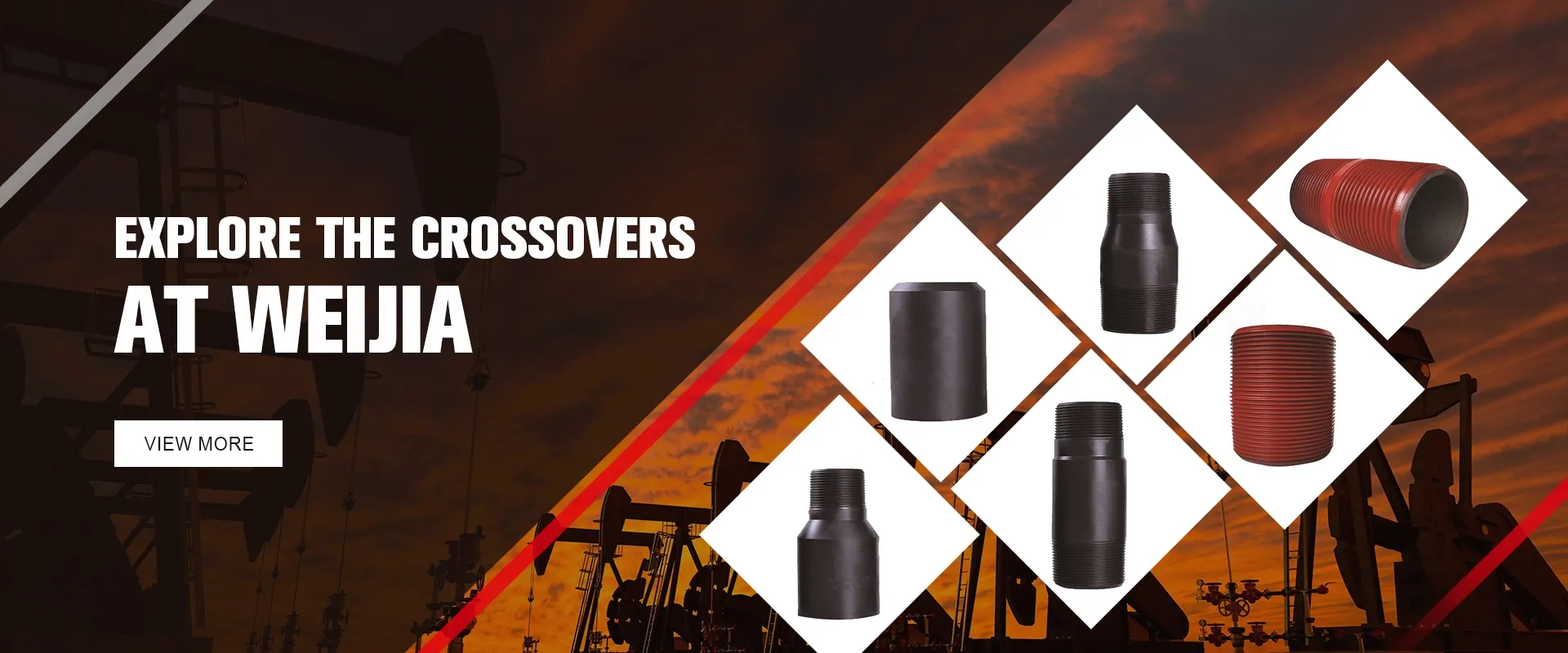- Afrikaans
- Albanian
- Amharic
- Arabic
- Armenian
- Azerbaijani
- Basque
- Belarusian
- Bengali
- Bosnian
- Bulgarian
- Catalan
- Cebuano
- Corsican
- Croatian
- Czech
- Danish
- Dutch
- English
- Esperanto
- Estonian
- Finnish
- French
- Frisian
- Galician
- Georgian
- German
- Greek
- Gujarati
- Haitian Creole
- hausa
- hawaiian
- Hebrew
- Hindi
- Miao
- Hungarian
- Icelandic
- igbo
- Indonesian
- irish
- Italian
- Japanese
- Javanese
- Kannada
- kazakh
- Khmer
- Rwandese
- Korean
- Kurdish
- Kyrgyz
- Lao
- Latin
- Latvian
- Lithuanian
- Luxembourgish
- Macedonian
- Malgashi
- Malay
- Malayalam
- Maltese
- Maori
- Marathi
- Mongolian
- Myanmar
- Nepali
- Norwegian
- Norwegian
- Occitan
- Pashto
- Persian
- Polish
- Portuguese
- Punjabi
- Romanian
- Russian
- Samoan
- Scottish Gaelic
- Serbian
- Sesotho
- Shona
- Sindhi
- Sinhala
- Slovak
- Slovenian
- Somali
- Spanish
- Sundanese
- Swahili
- Swedish
- Tagalog
- Tajik
- Tamil
- Tatar
- Telugu
- Thai
- Turkish
- Turkmen
- Ukrainian
- Urdu
- Uighur
- Uzbek
- Vietnamese
- Welsh
- Bantu
- Yiddish
- Yoruba
- Zulu
well casing coupler
Well Casing Coupler An Essential Component in Oil and Gas Operations
In the oil and gas industry, the term well casing refers to the tubular structure that is installed in the drilled well to provide support and protection to the wellbore. Casing serves several critical purposes, such as preventing the collapse of the well, isolating different formations, and preventing the contamination of groundwater. To connect each section of casing, industries rely on well casing couplers—devices that play a pivotal role in ensuring the integrity and efficiency of oil and gas extraction operations.
Understanding Well Casing Couplers
A well casing coupler is essentially a connecting piece that links two sections of casing together. These couplers are designed to withstand the harsh environmental conditions typically found at drilling sites, such as high pressures, corrosive substances, and extreme temperatures. By providing a secure connection between casing joints, couplers help maintain the structural integrity of the well throughout its operational life.
Couplers are manufactured using high-strength steel that can endure the mechanical stresses encountered during both installation and operation. The choice of material is vital, as corrosion resistance is critical to prolong the life of the well casing. Various coatings and treatments can be applied to enhance the durability of couplers, ensuring they remain functional even in aggressive environments.
Types of Well Casing Couplers
There are several different types of well casing couplers, each designed to meet specific operational requirements
. The most common types include1. Threaded Couplers These couplers feature threaded ends that allow for easy installation and removal. They are widely used in applications where the casing may need to be adjusted or removed at a later stage.
2. Welded Couplers For applications requiring a permanent joint, welded couplers can offer enhanced strength. They are welded directly to the casing, creating a seamless connection that is highly resistant to mechanical stress.
3. Slip Couplers Slip couplers allow for some adjustment in the casing length, which can be particularly useful in wells with unstable formations. They enable slight movements without compromising the integrity of the well.
well casing coupler

4. Flanged Couplers These couplers are fitted with flanges on both ends, allowing them to be bolted together. They are often employed in situations where easy disassembly is necessary.
Importance of Well Casing Couplers in Operations
The importance of well casing couplers cannot be overstated. They are crucial in maintaining well stability and safety during drilling operations. A compromised casing system can lead to catastrophic failures, including blowouts, leaks, and environmental disasters. By allowing for reliable connections between casing sections, couplers significantly mitigate these risks.
Moreover, well casing couplers contribute to the overall efficiency of drilling operations. By facilitating quick and reliable connections, they help reduce downtime during the drilling process. This efficiency translates to cost savings for oil and gas companies, as operational delays can lead to substantial financial losses.
Challenges and Innovations in Coupler Technology
While well casing couplers are essential, they are not without their challenges. As drilling technologies advance, there is a continual push for materials and designs that can withstand greater pressures and corrosive environments. Innovations such as advanced composite materials, new alloy formulations, and improved coating processes are actively being researched and implemented in coupler designs.
Future trends indicate a move towards smart couplers equipped with monitoring systems that can provide real-time data on the health and status of the wellbore. Such innovations will help operators anticipate potential issues before they escalate, thereby enhancing the safety and reliability of drilling operations.
Conclusion
Well casing couplers are integral components in the safe and efficient extraction of oil and gas. They ensure the structural integrity of well casings, facilitate effective installation, and play a key role in preventing environmental hazards. As the industry progresses toward more sophisticated drilling techniques, the development of advanced couplers will be essential in meeting the evolving demands of the oil and gas sector.
-
Tubing Pup Joints: Essential Components for Oil and Gas OperationsNewsJul.10,2025
-
Pup Joints: Essential Components for Reliable Drilling OperationsNewsJul.10,2025
-
Pipe Couplings: Connecting Your World EfficientlyNewsJul.10,2025
-
Mastering Oilfield Operations with Quality Tubing and CasingNewsJul.10,2025
-
High-Quality Casing Couplings for Every NeedNewsJul.10,2025
-
Boost Your Drilling Efficiency with Premium Crossover Tools & Seating NipplesNewsJul.10,2025







